Moving Insurance
How much and what kind of insurance should you get for your belongings in the event that something is damaged, stolen, or lost? This depends on the value of what is being shipped as well as your budget and comfort level.
Moving liability coverage for interstate moving is regulated by state insurance laws while insurance policies have the insurance carrier pay for certain claims rather than the mover. It is important to place a sufficient value on your belongings prior to your move.
There are four levels of liability:
- Released value or basic liability: Protection that does not cost extra, however the mover is liable for no more than around 60 cents per pound, per item.
- Declared value: Valuation is based on total weight of your shipment multiplied by around $1.25 per pound. Claims are settled based on depreciated value of the lost or damaged article up to the maximum value for the whole shipment. The mover is allowed to charge you about $7 per $1,000 of liability coverage.
- Lump-sum value: Similar to declared value, but you can raise the total value of the shipment to what you believe is accurate. This option costs about $7 per $1,000 of valuation as well.
- Full replacement value: This covers repair/replacement with like-items at current market value, not a depreciated amount based on the age of the item. Cost for this option varies, and you can decide to reduce the cost by paying a deductible. You can choose full replacement coverage for all your belongings, or declare a bit of a lesser value as the chances of the entire shipment being destroyed are pretty low.
More valuable items: When moving valuable collectables, antiques, or fine art, you should consider coverage of “high-value articles,” any item worth more than $100 per pound. These must be listed and valued separately in your contract or the mover’s liability for damages will be limited. Consult your homeowner's insurance policy as some policies may cover special items in transit under an "all perils" clause.
File a successful moving insurance claim
Typically, more people file a small claim than a large claim. If you move interstate, claims are handled through a federal claim and arbitration program. But when moving within a state, rules differ and most disputes are handled by a state agency or the state attorney general's office.
Filing and settling under the federal liability program:
- You must file a claim with your mover for loss or damage within nine months.
- The mover must acknowledge receipt of your claim within 30 days of being reported. It’s crucial to note theproblem on the driver's copy of the inventory before signing.
- Within 120 days of receiving your claim, the mover must either deny it or make an offer to pay.


- Full Service Company
- Local and Long-distance
- Residential & Commercial
- Professional Piano Movers
- Small & Large Moves
- Overnight Storage
- Long-Term Storage
- Climate-Controlled Storage
- Loading & Unloading
- Packing & Unpacking
- Licensed, bonded, and insured
- Free onsite and video estimates




















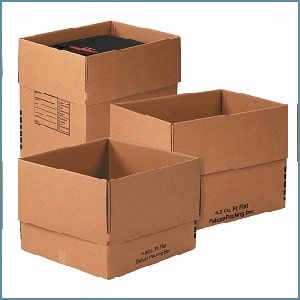
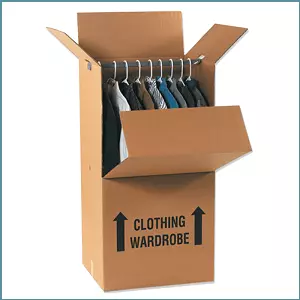

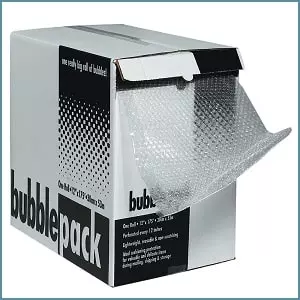


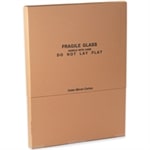
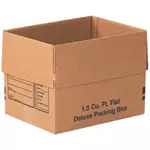



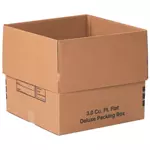

 Latest Model Moving Truck
Latest Model Moving Truck
 Latest Model Moving Truck
Latest Model Moving Truck
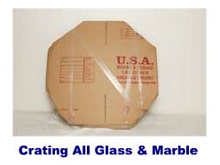 Crating All Glass & Marble
Crating All Glass & Marble
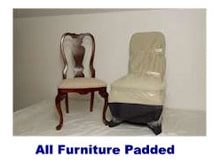 All Furniture Padded
All Furniture Padded
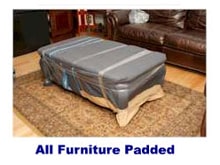 All Furniture Padded
All Furniture Padded
 All Furniture Padded
All Furniture Padded



